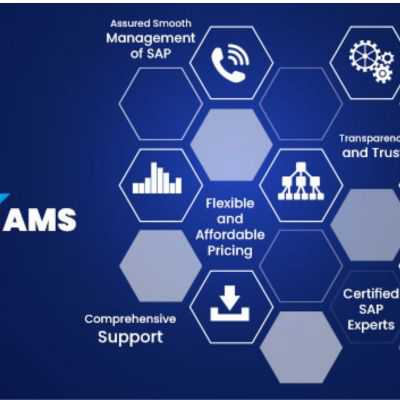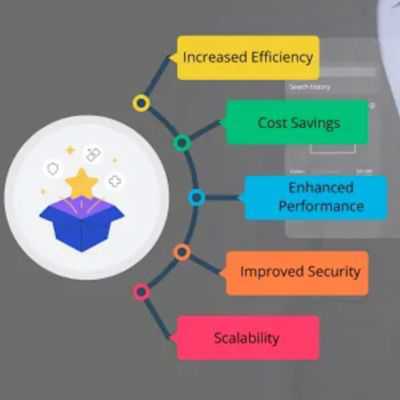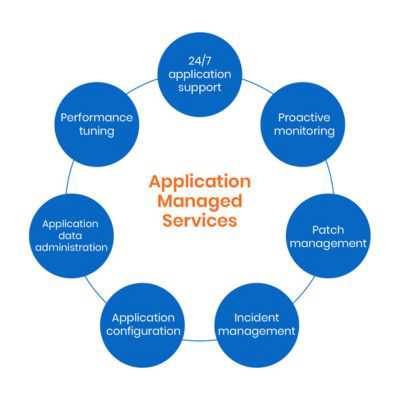AMS and DevOps: A Perfect Combination for Continuous Application Development
The combination of AMS and DevOps accelerates development, automates application management, enhances security, and continuously improves pe...
Measuring ROI of AMS Services: Key Metrics to Track
Measure the ROI of AMS services by tracking key metrics such as application performance, operational costs, downtime, and customer satisfact...
Cloud Application Management with AMS: Challenges and Solutions
Cloud application management with AMS faces challenges in security and performance, but AMS offers smart solutions to optimize processes and...
AMS Trends 2024: New Technologies and Methods
AMS trends in 2024 focus on AI, Machine Learning, Cloud Computing, and automation to enhance application management, security, and performan...
AMS for Small and Medium-Sized Enterprises: A Cost-Effective and Efficient Solution
AMS is a cost-effective and efficient solution for small and medium-sized enterprises, optimizing application management, reducing costs, an...
What is AMS? Overview of Application Management Services
AMS (Application Management Services) is a service for managing and optimizing applications for businesses. Learn about the components and b...
Top 5 Benefits of Using AMS Services for Businesses
Discover the top 5 benefits of AMS services for businesses: increased performance, cost savings, enhanced security, professional support, an...
Self-Managing Applications vs hiring Professional AMS Services
Self-managing applications or hiring professional AMS services? Compare the pros and cons of both to help businesses choose the most suitabl...
How AMS Helps Optimize IT Costs for Businesses
AMS helps businesses optimize IT costs by reducing staffing, maintenance, and upgrade expenses, while enhancing security and offering flexib...
Application Security: The Key Role of AMS
AMS plays a key role in application security, helping businesses prevent risks, protect data, and optimize security policies.












